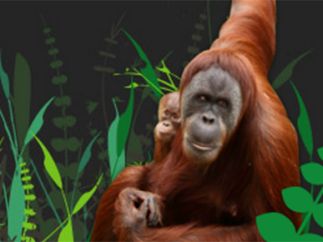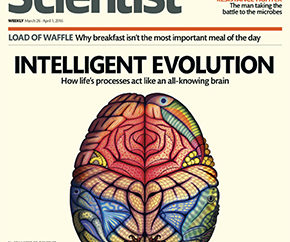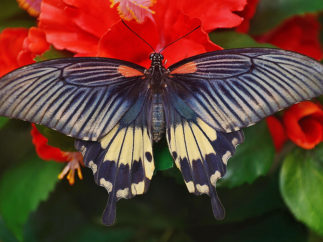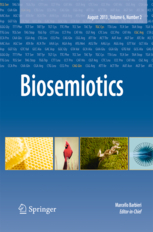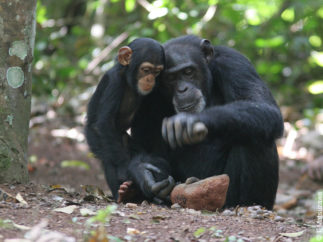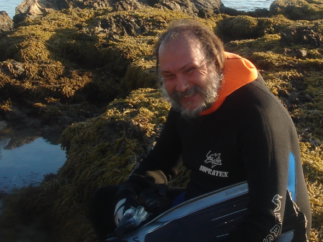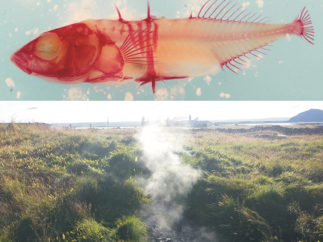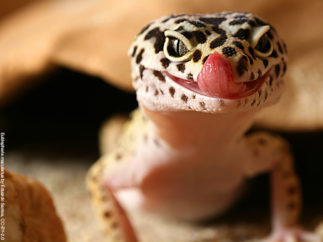27-29 November 2017
What evolutionary developmental biology (evo devo) brings to evolutionary biology
Evolutionary biology is a very vibrant and highly successful discipline. Since its reformulation during the modern synthesis it has successfully tackled many major questions and developed into a sophisticated, powerful framework. But it is important to emphasize that there are foundational questions in evolutionary biology, questions that have motivated evolutionary biology from its inception, that remain to be adequately addressed. ‘How do novel complex traits originate?’ is such a question. How does a major invention in evolution come into being in the first place? What are the baby steps of innovation?
What animal social learning can teach evolutionary biology
In November, a colloquium of the National Academy of Sciences, entitled The Extension of Biology through Culture, celebrated a coming of age of animal social learning research. The meeting, co-organised by ourselves, Marcus Feldman and Francisco Ayala, was a striking testament to how far the study of animal culture has come in recent decades and the truly remarkable set of findings uncovered (footage of several of the talks are available here and here). Speaker after speaker described compelling evidence for social learning being central to the lives of diverse animals, including apes, monkeys, whales and dolphins, birds, fishes, insects and of course, humans. Culture (at least, broadly conceived as the social transmission of learned knowledge) can no longer be construed as the exclusive province of humanity. Social transmission is a major means by which many animals adjust to, and exploit, their environments; a revelation with important implications for evolutionary biology.
ASAB Winter Meeting 2017
7-8 December 2017
A TVOL interview with philosopher Kim Sterelny: A conversation about the Extended Evolutionary Synthesis
David Sloan Wilson of This View of Life (TVOL) interviews Kim Sterelny, one of the world’s most prominent philosophers of biology. Sterelny has served as editor of the journal Biology & Philosophy since 2000 and his books include: Sex and Death: An Introduction to Philosophy of Biology; Thought in a Hostile World: The Evolution of Human Cognition; Dawkins vs. Gould: Survival of the Fittest; and The Evolved Apprentice: How Evolution Made Humans Unique.
Ecological development and adapting to change
As in many reptiles, the sex of leopard geckos is determined not by chromosomes, but by the environment. Hatchlings will develop into either males or females depending on the temperature they experience as incubating eggs. Sex isn’t hard-wired because the key genes involved in gonad differentiation are up- and down-regulated by temperature, so a fairly warm nest will produce mostly males, a cool nest mostly females, and a nest close to the temperature threshold, an evenly mixed brood.
Why do we need an EES?
Do we need an Extended Evolutionary Synthesis (EES)? Back in 2007 I argued for a positive answer in a paper published in Evolution. A few years later, with my colleague Gerd Müller, I co-edited an entire volume to attempt to map the territory of what an EES would look like. And now, with this blog and website, we have a new and exciting multi-disciplinary project devoted to the idea.
